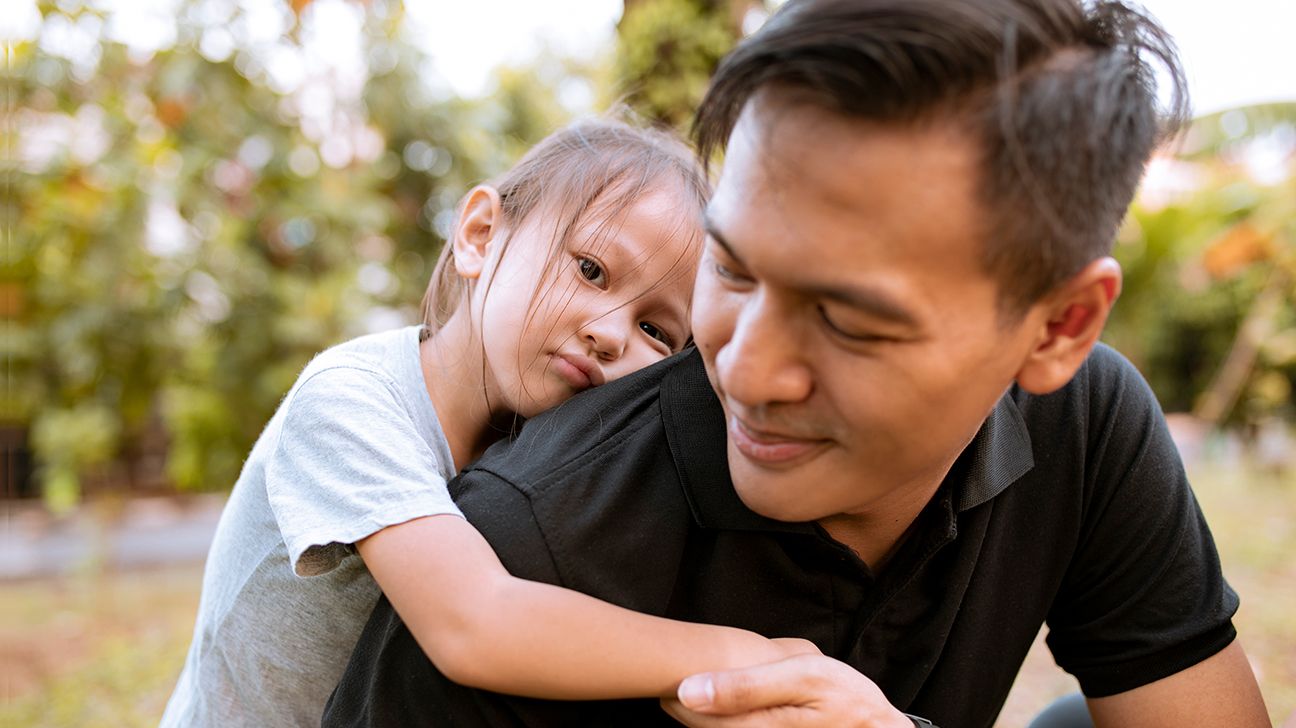Children can have ADHD, anxiety, or both. It’s common for children with ADHD to also have anxiety.

Attention deficit hyperactivity disorder (ADHD) and anxiety frequently coexist, especially in children. While they are distinct conditions, they often have overlapping symptoms. As a result, it can be difficult to diagnose them separately. In addition, each condition has the potential to worsen the other.
It’s not uncommon for children to experience both ADHD and anxiety. A 2022 study suggests that roughly half of people with ADHD also have an anxiety disorder.
Anxiety appears to be more common among people who have
ADHD and anxiety are distinct mental health conditions, but they can have some similar symptoms and can occur at the same time. Here are some possible features of both ADHD and anxiety:
- Difficulty concentrating: Both ADHD and anxiety can lead to difficulty concentrating. This is a core symptom of ADHD, while anxiety can cause racing thoughts and distractibility.
- Procrastination: Both ADHD and anxiety can contribute to procrastination. In ADHD, it may be due to difficulties with executive functions, while anxiety can lead to avoidance behaviors.
- Difficulty with sleep: Sleep problems can be associated with both ADHD and anxiety. People with ADHD may have difficulty maintaining a regular sleep schedule, and anxiety can make it difficult to fall asleep or stay asleep.
- Worry: While excessive worry is a hallmark of anxiety disorders, people with ADHD may also experience worry, especially related to tasks or responsibilities they find challenging.
- Low frustration tolerance: Both conditions can lead to a lower tolerance for frustration. People may become easily overwhelmed or agitated in response to stressors.
ADHD and anxiety are separate mental health conditions with distinct symptoms and underlying features. ADHD is marked by:
- inattention
- hyperactivity
- impulsivity
- challenges with focus and organization
- lack of impulse control
Anxiety symptoms, on the other hand, involve:
- excessive worry
- fear
- restlessness
- muscle tension
- irritability
- avoidance behaviors in response to perceived threats
Several factors can influence the co-occurrence of ADHD and anxiety in some children.
Genetics can influence both conditions
ADHD and anxiety both have a genetic component, with family history increasing the risk. Research (including studies of families, twins, and adoption) reveals a strong familial pattern in ADHD (
A 2017 research review suggests that
Environmental factors can influence both conditions
Environmental factors such as nutrition and
ADHD symptoms can trigger anxiety
A
In early childhood, ADHD symptoms may predict later anxiety symptoms, yet the reverse doesn’t hold true, according to a
Anxiety can contribute to ADHD symptoms
The same
Children with anxiety or ADHD may show various behaviors. Here are some indicators for each condition.
Behaviors associated with anxiety:
- excessive worry
- avoidance
- physical symptoms (stomachaches or headaches)
- irritability
- sleep disturbances
Behaviors associated with ADHD:
- inattention
- hyperactivity
- impulsivity
- forgetfulness
- difficulties with organization
Treatments for ADHD and anxiety in children may include the following options:
Therapy:
- Cognitive behavioral therapy (CBT): a short-term, goal-oriented psychotherapy that focuses on identifying and changing negative thought patterns and behaviors
- Behavior modification: an approach that may include setting clear expectations, rewarding positive behaviors, and implementing consistent consequences
- Parent-child interaction therapy: a behavioral intervention that involves coaching parents to strengthen their relationship with their child
Medication:
- Stimulants such as methylphenidate
- Non-stimulants such as atomoxetine
- Medications for anxiety such as selective serotonin reuptake inhibitors
Supporting children with ADHD and anxiety involves creating a structured and supportive environment. Here are some tips:
- Establish consistent routines to reduce uncertainty.
- Use clear and concise communication.
- Break tasks into smaller, more manageable steps to avoid overwhelm.
- Designate a quiet, organized space where the child can focus on tasks or activities.
- Encourage regular physical activity to help manage excess energy and reduce anxiety.
- Use visual schedules or charts to help the child stay organized.
Finding help for a child who has ADHD and anxiety
- Understood: practical advice, expert articles, and a supportive community for parents of children with learning and attention issues, including ADHD and anxiety
- ADDitude Magazine: a valuable resource with articles and expert advice covering various aspects of ADHD, including anxiety
- CHADD: a leading organization offering support, education, and advocacy for people with ADHD
What does anxiety look like in a child with ADHD?
In a child with ADHD, anxiety may appear as:
- excessive worry
- physical restlessness
- avoidance behaviors
- perfectionism
- sleep disturbances
- negative self-talk
- social challenges
How do I know if my child’s anxiety is from ADHD?
It can be challenging to know whether anxiety in your child is specifically related to ADHD, but the following signs may suggest this:
- Situational triggers: Anxiety is primarily triggered by situations related to ADHD challenges, such as academic tasks or social interactions.
- Physical restlessness worsened by ADHD: The anxiety manifests as physical restlessness that intensifies ADHD-related hyperactivity.
- Perfectionism in ADHD tasks: Anxiety-driven perfectionism is specifically tied to tasks affected by ADHD, such as school assignments.
Do stimulants worsen anxiety?
Stimulants may not worsen anxiety and could even benefit some children with anxiety. A
Higher doses of psychostimulants were linked to a further decrease in the measured risk of anxiety. Despite potentially increased anxiety in some children, the study emphasizes that the overall benefits of managing ADHD symptoms outweigh these risks.
Anxiety and ADHD commonly occur at the same time in children, and these conditions can significantly influence and worsen each other. Treatment involves personalized approaches, including therapy and, in some cases, medication.
If your child has symptoms of ADHD or anxiety, don’t hesitate to reach out to a mental health professional. Early diagnosis and comprehensive support can pave the way for positive outcomes.
